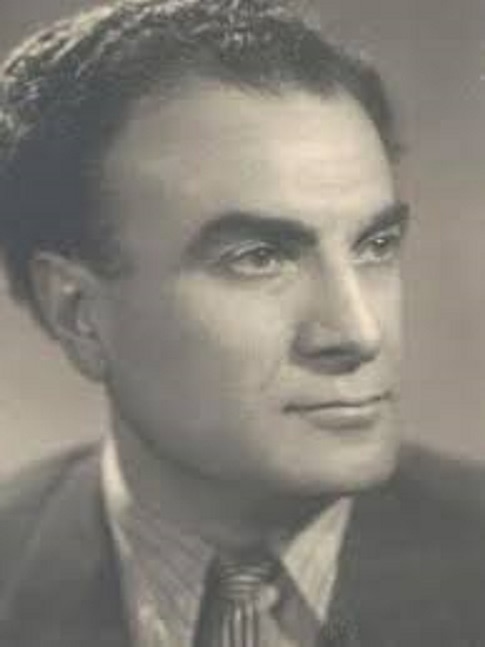Birth of Levon Isahakian (April 16, 1908)

Levon Isahakian was born on April 16, 1908, in Alexandropol (now Gyumri). He graduated from the faculty of Theater of the Institute of Art and Theater of Yerevan. In 1930 he met Georgian director Ivan Perestiani, who was working on a film version of Hovhannes Toumanian’s poem “Anoush” and after auditioning for the part, he got the main role of Mosi. In 1931–1932 he also performed in three other films of the silent era, including Amasi Martirosian’s celebrated comedy “Mexican Diplomats.” His career as an actor ended here.
For the next sixty years, Levon Isahakian would become a film director. He started working as assistant to the director in the films of Hamo Beknazarian, Amasi Martirosian and Stepan Kevorkov. In 1937, during the Stalinist purges, he was the assistant to A. Martirosian՛s “The Fishermen of Sevan.” During the filming, he was arrested but released shortly thereafter. Afterwards, he devoted himself to the documentary genre. He filmed “Pushkin’s Days in Armenia” and “Armenian Copper.”
Isahakian founded a studio to copy movies in 1939-1940, and during World War II he compiled the chronicle of the war operations. After the war, he became one of the co–directors of “Fatherland” (1945), a full–length documentary dedicated to the 25th anniversary of Soviet Armenia, whose artistic director was the Soviet Ukrainian celebrated director Oleksandr Dovzhenko (1894-1956). It used, perhaps for the first time in Soviet Armenia, scenes from the Armenian Genocide. Composer Ashot Satian’s “Song of the Warrior” (Թռչէի մտքով տուն…) written for this film, became a very popular song to this day.
Levon Isahakian became deputy minister of Cinematography of Armenia (1949-1953) and later worked as a director for Armenfilm. In 1963 he directed “Road to the Circus,” the first feature film in color of Armenian cinematography, with the celebrated clown Leonid Yengibarian in the main role. He shot another film about Yengibarian, “2 – Leonid – 2,” in 1970. In 1966 he earned the title of Artist Emeritus of Armenia.
After a hiatus of a decades, Isahakian filmed nine more movies in 1980-1990. He retired with the film “Happiness” (1990) at the age of eighty-two. In the 2000s he received a diploma at the Golden Apricot Festival of Yerevan for his prolific production, and in 2008, on his hundredth birthday, the National Cinema Archives released a digital version of “Fatherland.”
Levon Isahakian passed away on March 3, 2010, at the age of 102.
